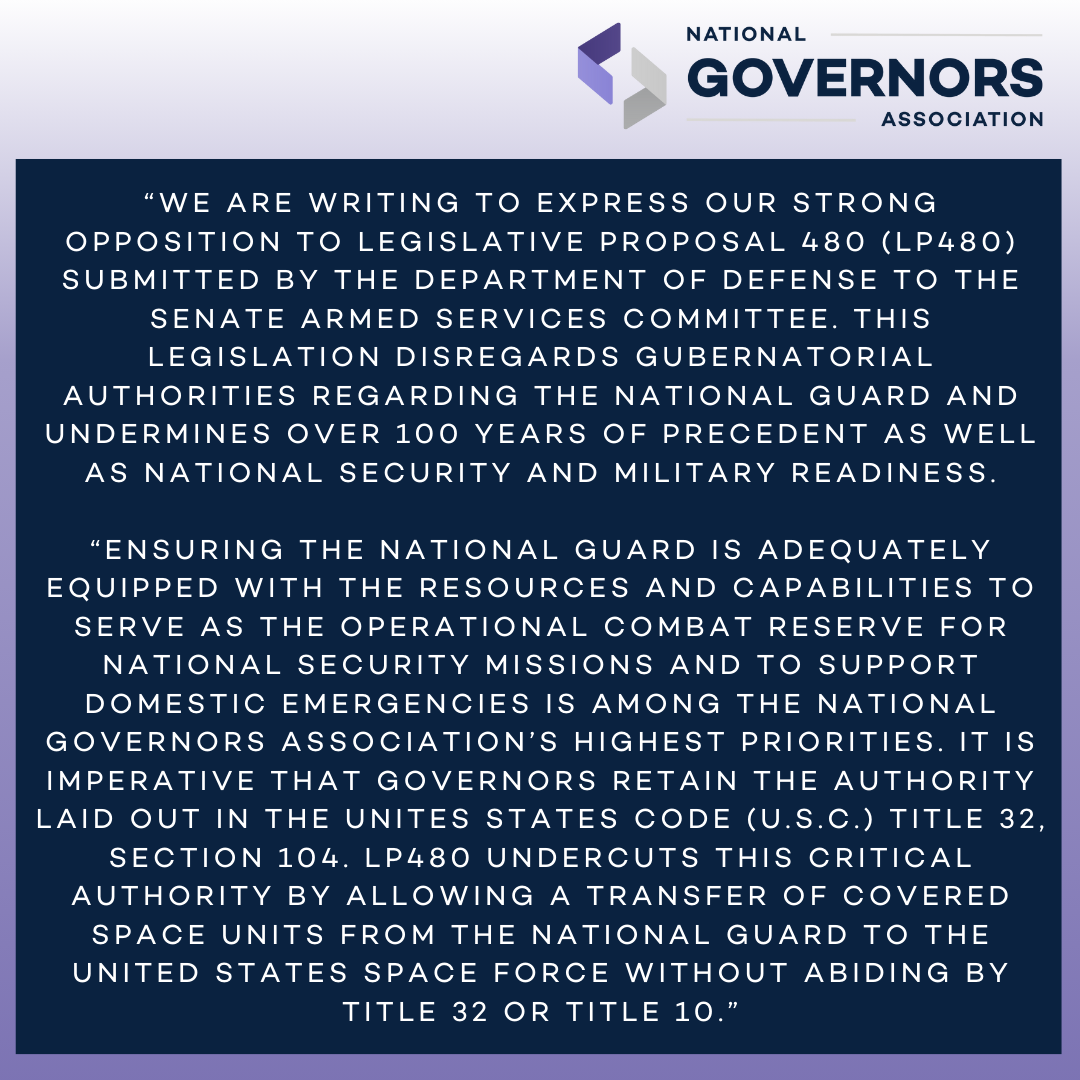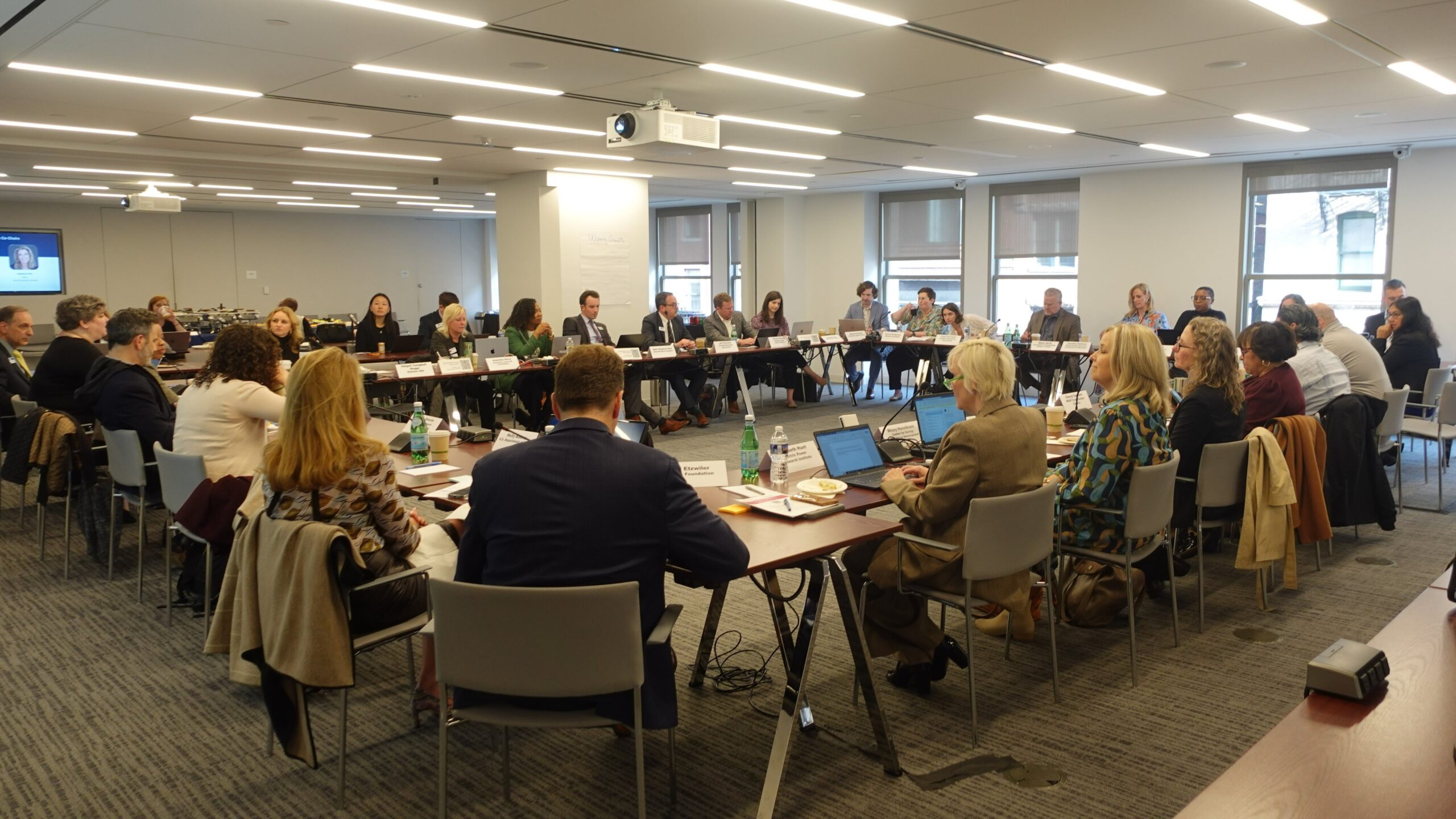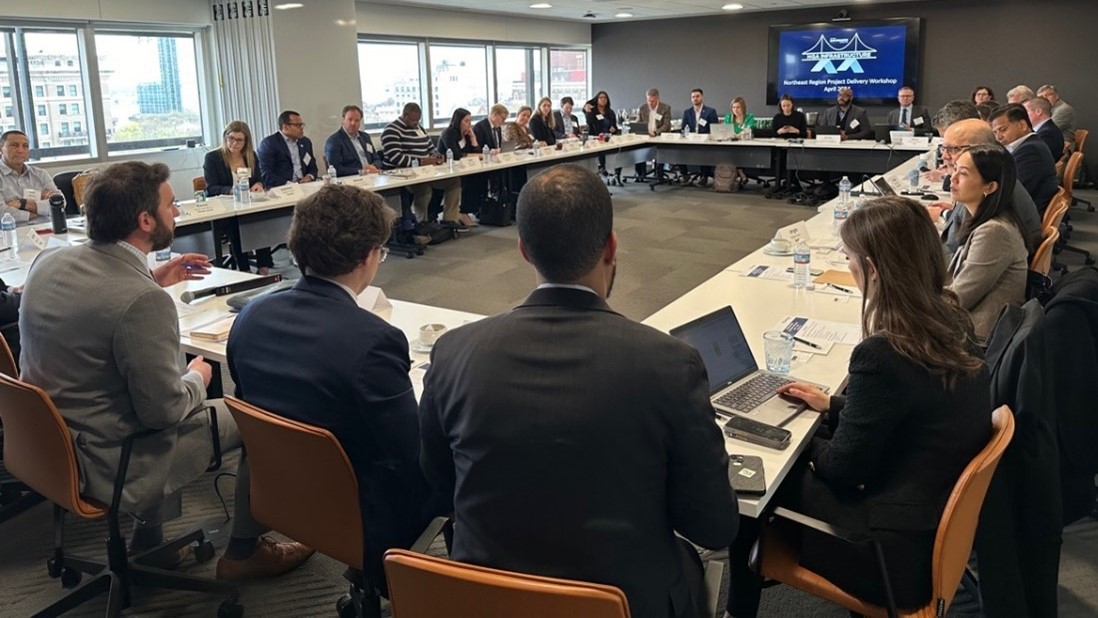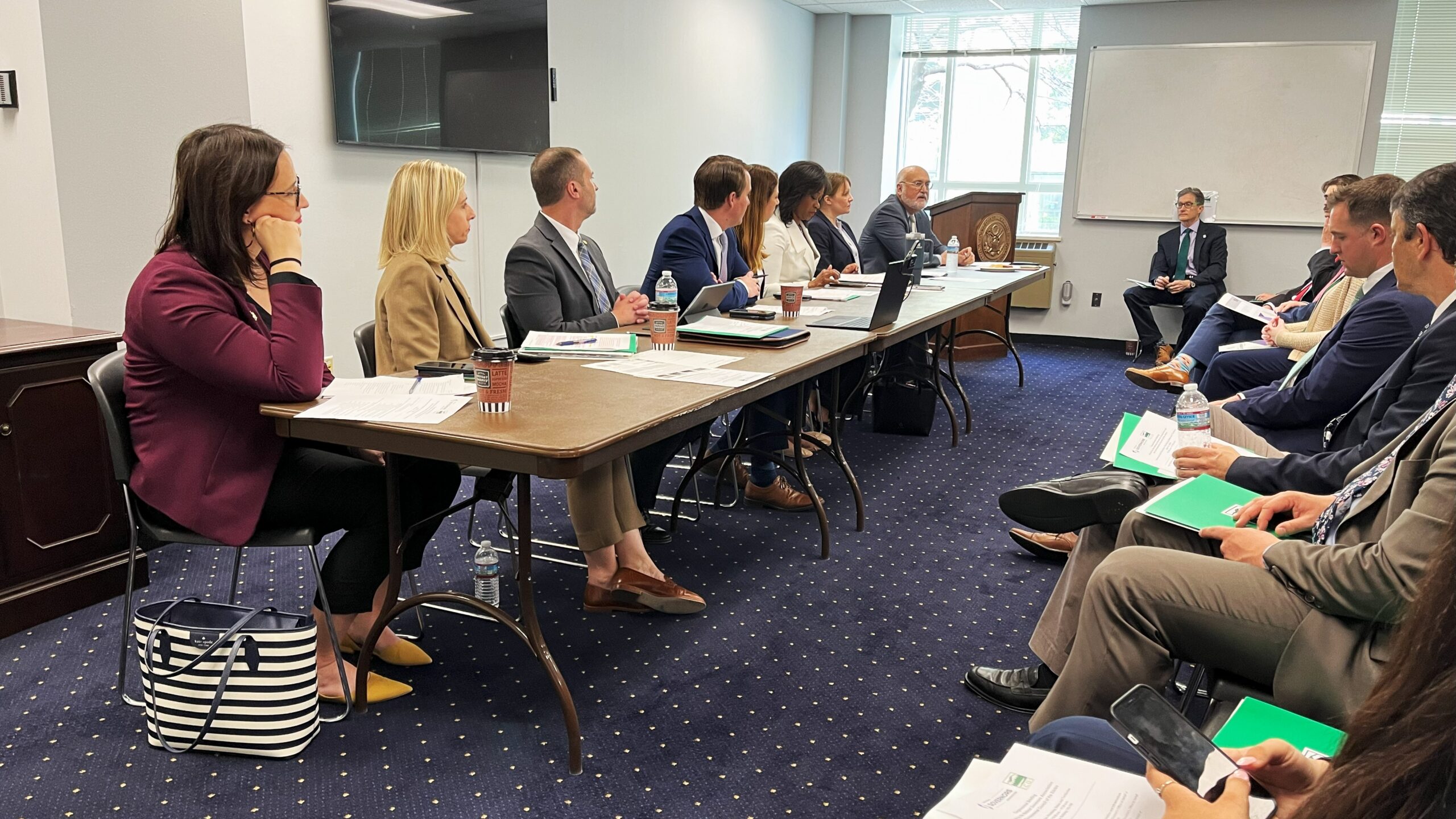Public Health and Disaster Response Task Force Co-Chairs Hawai‘i Governor Josh Green and Vermont Governor Phil Scott hosted a meeting with Governors and the Assistant National Cyber Director for Planning and Operations to focus on ways states and territories can work with the federal government on cybersecurity and critical infrastructure.
The continued growth of cyber-attacks and threats against the United States make cybersecurity a critical issue for all Governors. To help states address the consequences of the rapidly evolving and expanding technological threats now faced by law enforcement agencies, public works and energy agencies, private financial and communications sectors, and the general public, the National Governors Association (NGA) launched a Resource Center for State Cybersecurity to provide Governors with resources, tools and recommendations to help craft and implement effective state cybersecurity policies and practices.
NGA’s Public Health and Disaster Response Task Force also works to address issues related to cybersecurity. As part of the task force’s efforts to keep Governors informed of the latest cybersecurity news, resources and threats, the task force’s co-chairs, Hawai‘i Governor Josh Green and Vermont Governor Phil Scott, recently led a call with Governors and Caitlin Clarke, Senior Director for Cybersecurity at the White House’s National Security Council, so Governors could receive a briefing about the most recent national security updates related to cybersecurity and critical infrastructure. During the meeting, Governors also discussed ways states and territories can further collaborate with the federal government to bolster existing cybersecurity policies.
The Governors’ conversation with Ms. Clarke focused largely on growing threats to the nation’s critical infrastructure, including potential attacks against gas, oil and rail, as well as ransomware attacks. The conversation also explored ways states and territories can partner with existing federal efforts to protect high-risk sectors such as water systems in addition to protecting individual American citizens, especially as related to potential threats to the healthcare industry and schools.
During the briefing, Governors stressed their commitment to work with experts from the private sector as well as state and federal agencies to explore ongoing cybersecurity challenges and to share ideas for policy solutions that will consider potential threats that could impact individual Americans, businesses and state and federal government entities.
Governors will continue to meet on this important issue and coordinate on threats and preparedness, including through the Council of Governors Cybersecurity Working Group. As a result of increasing cybersecurity threats, the Council of Governors Cybersecurity Working Group continues to focus its work on developing resources Governors, states and territories can use to enhance cybersecurity resilience and better coordinate with federal, state, local, tribal and territorial governments. The Council of Governors Cybersecurity Working Group resources include:
- Cybersecurity Grants for Infrastructure Improvement and Development
- State Cyber Asset Alignment and Organization
- Mitigating the Cybersecurity Workforce Crisis
NGA will hold the Cybersecurity Policy Advisors Network Inaugural Meeting September 27-28. The meeting will convene Governors’ advisors and state chief information security officers to discuss cybersecurity challenges and strategies across a range of topics, helping equip Governors’ cybersecurity policy experts with the latest information and resources needed to coordinate with federal partners and to implement effective policies at the state level.
During NGA’s 2022 National Summit on State Cybersecurity, leaders from Michigan, Ohio and Wisconsin discussed the strengths and challenges of their programs and the diverse ways this model can be leveraged to address a growing number of cybersecurity needs across the community. Watch the full session, and read a case study of their programs. Information about NGA’s other cybersecurity academies and workshops can be found here.












